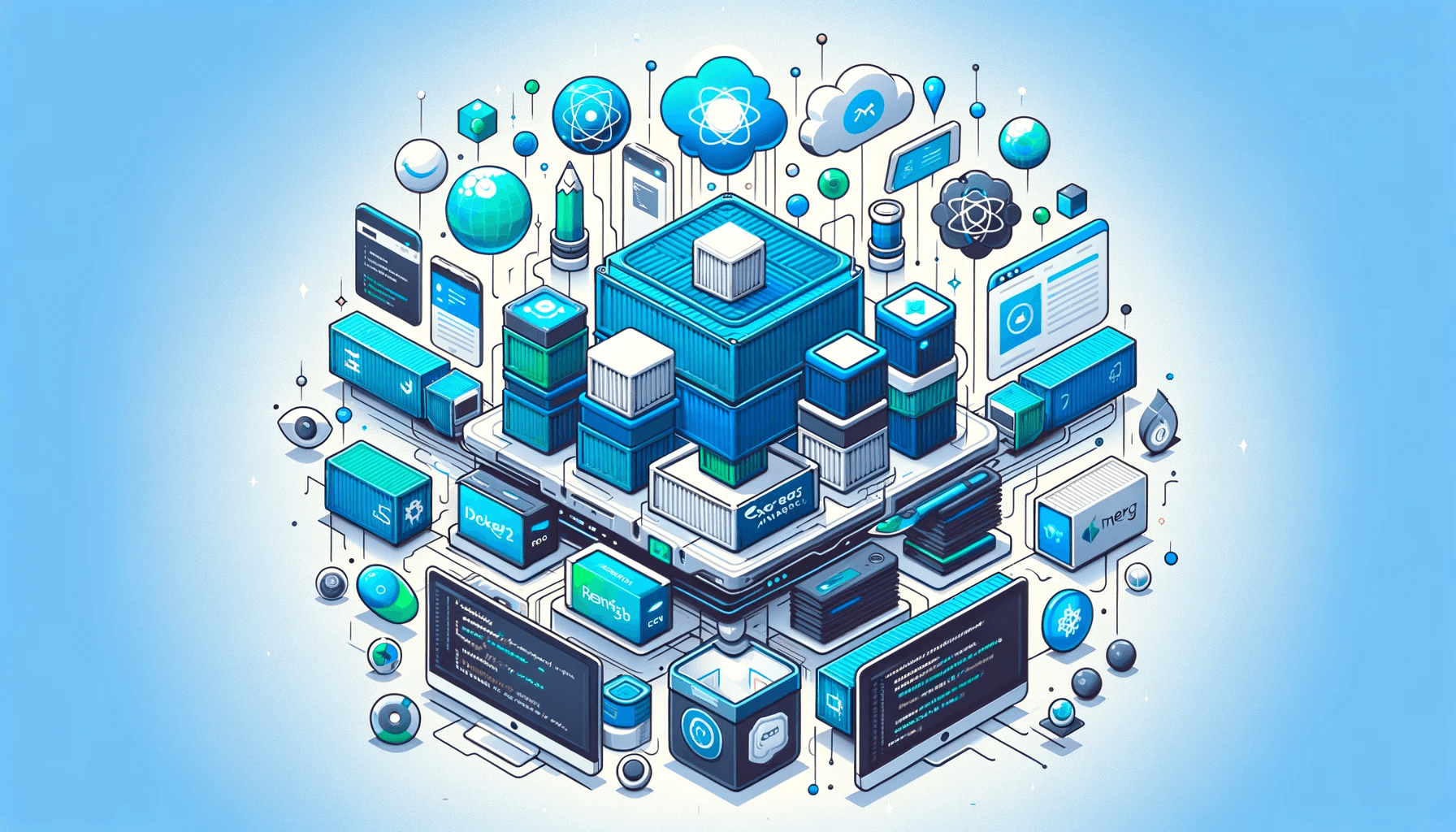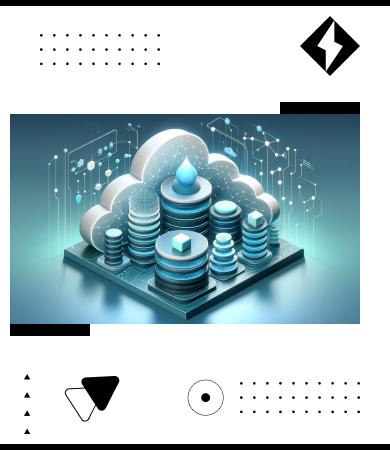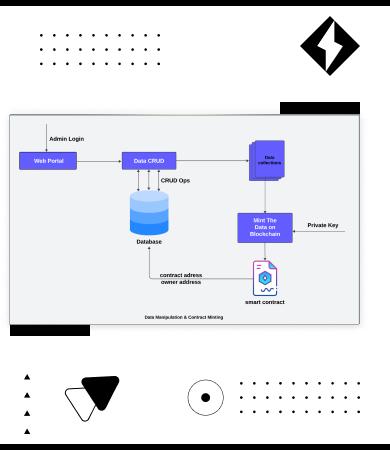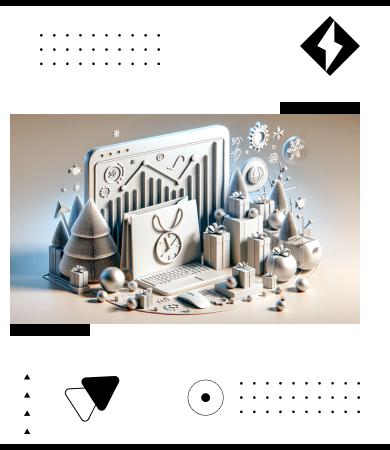Support center +91 97257 89197
MERN STACKDecember 19, 2023
Exploring the Role of Docker in Streamlining MERN Stack Development

Introduction
The evolution of web development has brought forth both sophisticated technologies and intricate challenges. Among these, the MERN stack – consisting of MongoDB, Express.js, React.js, and Node.js – has emerged as a popular framework for building dynamic web applications. However, developers often encounter hurdles like inconsistent environments, complex dependency management, and scalability issues. This is where Docker, a revolutionary containerization platform, plays a pivotal role. Docker promises to streamline the development process by encapsulating applications in lightweight, portable containers. This blog dives deep into how Docker enhances the MERN stack development experience.
Docker: A Quick Overview
Docker has transformed the landscape of application development with its innovative approach to containerization. Unlike traditional virtual machines, Docker containers are lightweight, share the host system's kernel, and are not burdened with the overhead of emulating an entire operating system. This makes Docker an ideal solution for developers seeking efficiency and simplicity.
The MERN Stack: Components and Challenges
The MERN stack is a powerful combination of technologies:
- MongoDB: A document-oriented NoSQL database.
- Express.js: A minimal and flexible Node.js web application framework.
- React.js: A JavaScript library for building user interfaces.
- Node.js: A JavaScript runtime built on Chrome's V8 JavaScript engine.
While this stack offers great flexibility and performance, developers often grapple with issues such as environment inconsistencies across development, testing, and production, as well as difficulties in managing different versions of each component.
Dockerizing the MERN Stack
Dockerizing a MERN application involves encapsulating each component of the stack in a Docker container. This process ensures that the entire application can be developed, tested, and deployed in a consistent environment, regardless of the underlying infrastructure.
Creating Dockerfiles and Docker Compose Scripts
- Dockerfiles: Each component of the MERN stack requires a Dockerfile, which is a script containing a series of instructions to assemble a Docker image. For instance, the Dockerfile for a Node.js application would specify the base Node.js image, set the working directory, copy the application files, install dependencies, and define the command to run the application.
- Docker Compose: Docker Compose facilitates the management of multi-container Docker applications. A
docker-compose.ymlfile is used to define and run the services (MongoDB, Express.js, React.js, Node.js) of the application in an isolated yet interconnected manner.
Benefits of Using Docker in MERN Development
Enhanced Environment Consistency and Isolation
Docker containers offer an isolated environment for each component of the MERN stack, ensuring that the application behaves consistently across different setups.
Simplified Dependency Management and Version Control
By containerizing each component, Docker simplifies the process of managing dependencies and versions, as each container encompasses its own set of dependencies.
Scalability and Easy Deployment
Docker's lightweight nature and its support for orchestration tools like Kubernetes make it easy to scale applications. It also simplifies the deployment process, as the containerized application can be easily moved across environments.
Real-World Scenarios and Case Studies
In the real world, Docker's impact on MERN stack development is profound. Many organizations have adopted Docker to streamline their development pipelines. For example, a tech startup might use Docker to ensure that its development, staging, and production environments are identical, thus avoiding the common "it works on my machine" problem. Another case could involve a large enterprise leveraging Docker's scalability to handle varying loads on their MERN-based applications.
Best Practices for Docker and MERN
To maximize the efficiency of Docker in MERN stack development, several best practices should be followed:
- Efficient Dockerfile Configuration: Keep Dockerfiles clean and optimized. Avoid including unnecessary packages to reduce the image size.
- Managing Data Persistence in MongoDB: Use Docker volumes for persisting data in MongoDB containers. This ensures data is not lost when the container is stopped or restarted.
- Network Configuration for Inter-Container Communication: Properly configure Docker networking to enable seamless communication between the containers of different MERN stack components.
Common Pitfalls and How to Avoid Them
Despite its benefits, Dockerized environments can present challenges:
- Container Bloat: Avoid creating oversized containers by only including necessary components.
- Improper Data Management: Ensure persistent data, like databases, is correctly managed outside the ephemeral container environment.
- Network Misconfigurations: Pay attention to network settings to ensure containers can communicate effectively and securely.
Conclusion
Docker's role in MERN stack development cannot be overstated. It provides a streamlined, efficient, and consistent environment, addressing many of the common challenges faced in modern web application development. As the web development landscape continues to evolve, Docker's integration with frameworks like the MERN stack will undoubtedly play a crucial role in shaping the future of application development.
TLDR
Uncover how Docker revolutionizes MERN stack development, offering enhanced environment consistency, simplified dependency management, and scalable deployment solutions.
FAQs
Docker improves MERN stack development by offering consistent development environments, simplifying dependency management, and ensuring easy and scalable deployment.
Best practices include efficient Dockerfile configurations, managing data persistence for MongoDB, and setting up network configurations for proper inter-container communication.
Yes, Docker can be used for both development and production, providing consistency and ease in deployment across different environments.
Work with us







